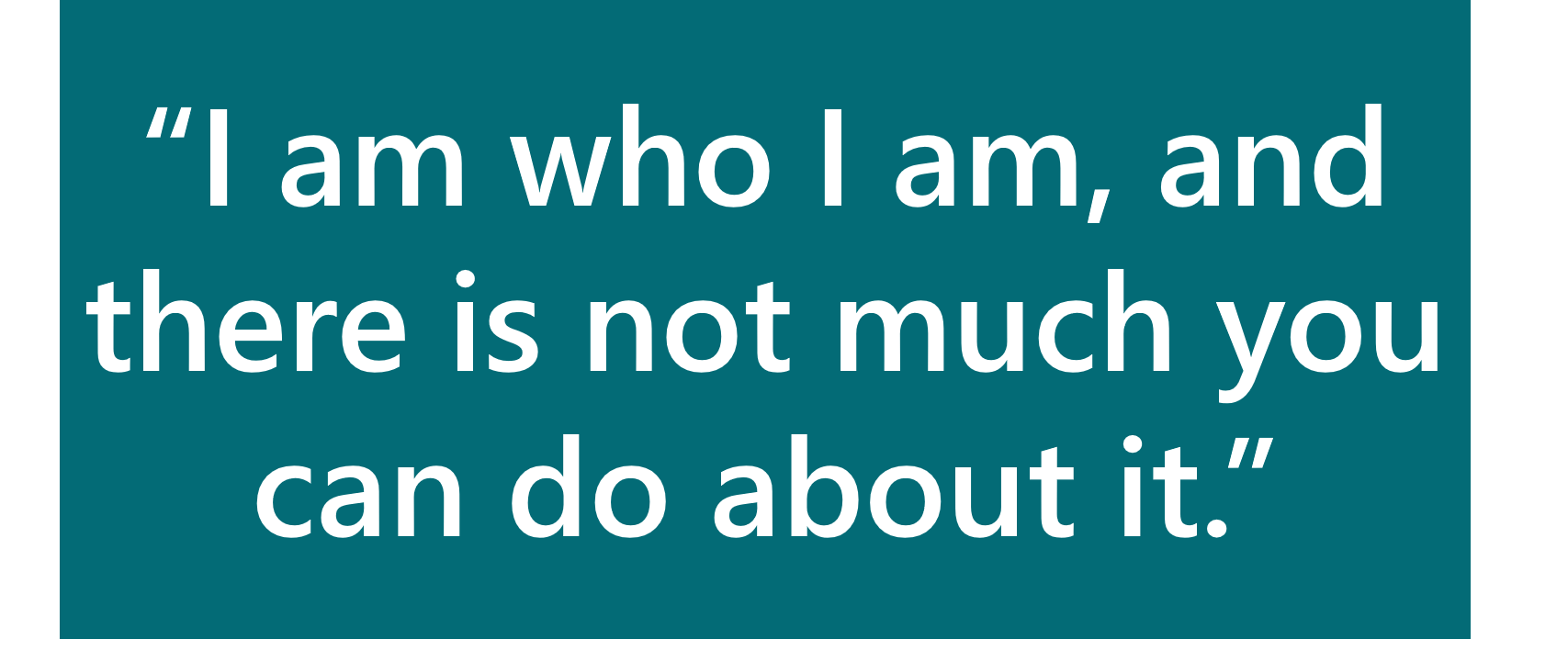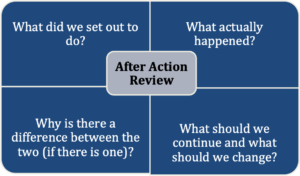“For me, there is really only one big choice to make in life: Are you willing to fight to find out what’s true? Do you deeply believe that finding out what is true is essential to your well-being? Do you have a genuine need to find out if you or others are doing something wrong that is standing in the way of achieving your goals? If your answer to any of these questions is ‘no,’ accept that you will never live up to your potential.”
-Ray Dalio
Have you ever felt that it is probably better to not even try to deliver feedback than it is to deliver feedback?
I have!
Isn’t this frustrating? The purpose of delivering feedback is nearly always to improve performance. Yet, it rarely does.
Here are the statistics on feedback:
- 1/3rd of the time it results in decreased performance
- 1/3rd of the time it results in no change in performance
- 1/3rd of the time it results in improved performance

Why does feedback so commonly not live up to its potential?
My perception is that we typically pin the feedback conundrum on the feedback giver. So, let’s start there.
The Feedback Giver
My perception is that if feedback doesn’t result in positive effects, we generally place the blame on the feedback giver. Perhaps they:
- Didn’t say something positive first
- Emphasized their feelings, not the facts
- Weren’t as direct as they could have been
- Weren’t as specific as they could have been
- Didn’t provide the feedback in a timely matter
- Provided the feedback too close to the event
- Didn’t provide it in the right setting
This list can go on and on. There seems to be a million things that a feedback giver should do in order for (1) the feedback receiver to receive the feedback, and (2) actually do something about it.
To a certain degree, it feels like in order for feedback to have its intended effects, the feedback giver needs to play the role of Indiana Jones where he needs to step on just the right stones to get to the treasure or else you are shot with a poison dart or fall into oblivion.

(see either of these clips for full effect:
The Feedback Giver’s Mindsets
One of the best articles I have read on feedback is The Feedback Fallacy published in Harvard Business Review. I don’t agree with everything in the article, but I agree with the main point of it: In order to give effective feedback, what matters less is what you do and what matters more is your motives in delivering the feedback. And, in order to deliver feedback effectively, you need to come from a place that is not self-serving.
In other words, in order for the feedback giver to even have a chance at moving the needle on someone else’s performance, the feedback giver needs to have an outward mindset. They need to see the other person as a person and not an object.

It is when the feedback giver has this outward mindset he or she will be much more likely to deliver proper feedback with the right tone and in the right way, including:
- Establishing and maintaining positive relationships that exist prior to any feedback delivered
- Ensuring that one’s positive feedback is just as elaborate and detailed as one’s critical feedback
But, we aren’t done yet, we must also consider the feedback receiver. Because, when we do, we gain valuable insights for how to make feedback more effective.
The Feedback Receiver
Honestly, I don’t think we place enough focus on the feedback receiver in the feedback process.
Giving effective feedback is really difficult for the feedback giver in the best of circumstances. And, the feedback receiver generally makes it more difficult by not being very open to feedback.
I commonly ask audiences how they typically react to constructive criticism, and approximately half say some form of “get defensive” or “depends upon…”
To me, it seems for a large percentage of people, regardless of what the feedback giver does, the feedback will not have its intended effects.
The Feedback Receiver’s Mindsets
If the feedback receiver possesses a fixed or a closed mindset, they are not going to be open to feedback, even when the feedback is delivered effectively.
Fixed Mindset
When feedback receivers possess a fixed mindset, they see the world in terms of “have nots” and “haves.” And, they believe that if they fail, they are a “have not,” and they do not believe that they can ever become a “have.” As a result, they seek to avoid any situation that might suggest they are a “have not.”

In light of this, how do you think a fixed mindset person might interpret critical feedback? Likely as though they are a “have not.”
Which leaves them with two options: (1) internalize the feedback as though they are a failure, or (2) resist the feedback. Out of these two options, which one is more likely to make them feel better? Of course, resisting the feedback.
Closed Mindset
When feedback receivers possess a closed mindset, they believe that what they know is best, which leaves them closed to the ideas and suggestions of others, including feedback.

Ray Dalio, speaks to this effectively when he says: “To be effective you must not let your need to be right be more important than your need to find out what’s true. If you are too proud of what you know or of how good you are at something you will learn less, make inferior decisions, and fall short of your potential.”
Thus, it appears that even the best feedback will only be received well if the feedback receiver possesses growth and open mindsets.
To Improve Feedback Effectiveness
Looking at feedback effectiveness through the lens of mindsets suggests that feedback is going to be most effective if we can help feedback deliverers develop an outward mindset and feedback receivers develop growth and open mindsets.
How can we make this happen?
Develop a Feedback Culture
One of the major factors that affects our mindsets is the culture that we operate in.
In order for employees to develop the mindsets necessary for effective feedback, the organization/department/team needs to intentionally develop a feedback culture.
This culture needs to involve the following:
- All members developing a shared language of mindsets, with continual efforts to nurture the growth, open, and outward mindsets
- Clear expectation that feedback will be given often, which may be positive or critical
- After-action reviews need to be a regular occurrence
- Trainings and role plays on how to give feedback and how to receive feedback

Ray Dalio, who has been quoted twice, has created such a culture in his organization says that it generally takes new hires about 18 months to acclimate to the radically transparent culture at Bridgewater.
I don’t think it needs to take that long, but it speaks of the intentional, long-term perspective we need to have to develop a healthy feedback culture.
Take a moment and consider:
- Does your organization/department/team have a feedback culture?
- What would it take to develop such a culture?
- What is the first step you can take to developing such a culture?
If you want to do mindset work in your organization/department/team, grab a time on my calendar: Connect with Ryan.











2 Responses
Great points Ryan – especially this one, “Trainings and role plays on how to give feedback and how to receive feedback”. Most often it is the leaders that are trained on providing feedback, and it doesn’t have it’s intended impact if the recipient doesn’t know what to do with it!
Thank you, Afsheen!